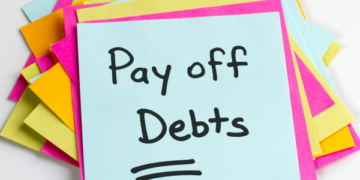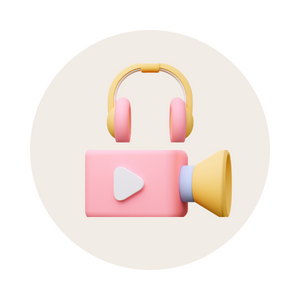Guest Post: We like to feel like we’re in control of our lives, from our jobs to our finances. Debt can easily escape our clutches if not tended to religiously. When you’re hit with a large bill, you may feel the need to negotiate, or ignore other debts, to cope with the unexpected short fall. It may be time to review your household cash flow. You’ve created a wall of resistance, as you meet an endless cycle of minimum payments, emergencies, late payments and debt collector calls. Life becomes a merry-go-around of fiscal uncertainty. You are teetering on the brink of financial decline or you may just getting by to live another month. Before you climb into a pit of financial despair pick up the phone and call organisations like Fox Symes. Forget about the FSA Group affiliates and take back the reins with conviction. You CAN do it, all it takes is time, tenacity and patience.
Tip: Check out this great article from my friend Martin over at Cleverism – all good info too.
The why of it all
Identifying where you’ve come from and why control has slipped from your fingers is essential to devising a positive way forward. Realism and personal responsibility adds further value, as goal setting becomes less about numbers and more about personal achievement. Restore your confidence as an autonomous, financial being. While you’re in why-town, explore your predilections to spend, narrow down (when it became unmanageable) and track when you signed up for the offending loans and credit cards. Be sure to note down your motivations and whether these were essential. This activity will help define what motivates you to splash out and push your means to the edge. Also, identify the consequences of your actions. How has debt affected your life, and how will it affect your household in the future? What happens if you don’t step up?
Set definitive goals
Goal setting is important in every facet of life, including self-motivated debt control. Measuring targets and outcomes by common sense motivational benchmarks will keep you accountable to your planning and spending. Clarity is your best friend. It makes you honest about your commitment and demands regular checks.
Ask yourself:
- What are my short-term goals
- What debts do I need to conquer first?
- How can I measure my success?
- Do aspects of my life urge me to spend more money?
Keep a cash journal and record what you bought, how you were feeling and what prompted the purchase to dive further into your spending psyche. With these answers at hand, you can anticipate your vulnerable periods or shopping habits based, which might be based on emotion or whim. This will minimising damage to your standing debts.
Plan and support
Similar to budgeting, having a concrete plan and a list of contingencies will assist you to make the change from money spinner to a thrifty spender. Eventually, this will lead you to celebrate being in full control of your debts. Write down how you are going to achieve the goals you’ve devised. Implement direct strategies to manage those weak moments.
Ask yourself:
- Will I chop up my credit cards into a million pieces?
- Should I roll over the minor card into the major card to streamline billing periods?
- Should I begin direct debiting payments so I can’t forget?
- What will my budget be composed of?
- And most importantly, how will I reward myself if I reach my short and long-term goals down the line?
- Do you need to commit to a payment plan?
Also, make sure your partner, housemates or family are on the same page. Talk honestly about your personal and group goals, fears and struggles. Never be afraid to talk to professionals or even start your own support group to meet others in a similar situation. Solidarity and unity will see you through any hard times.
Do you think we missed anything?
- Have you devised a blue-print you’d like to share with your fellow readers?
- What challenges do you face every day in commanding your debt levels?
Let us know in the comments.


 YOU
YOU





 Money
Money





 FOOD
FOOD





 FAMILY LIFE
FAMILY LIFE




 HOME & GARDEN
HOME & GARDEN







 ORGANISE
ORGANISE

 EVENTS
EVENTS





 LIFESTYLE
LIFESTYLE


















